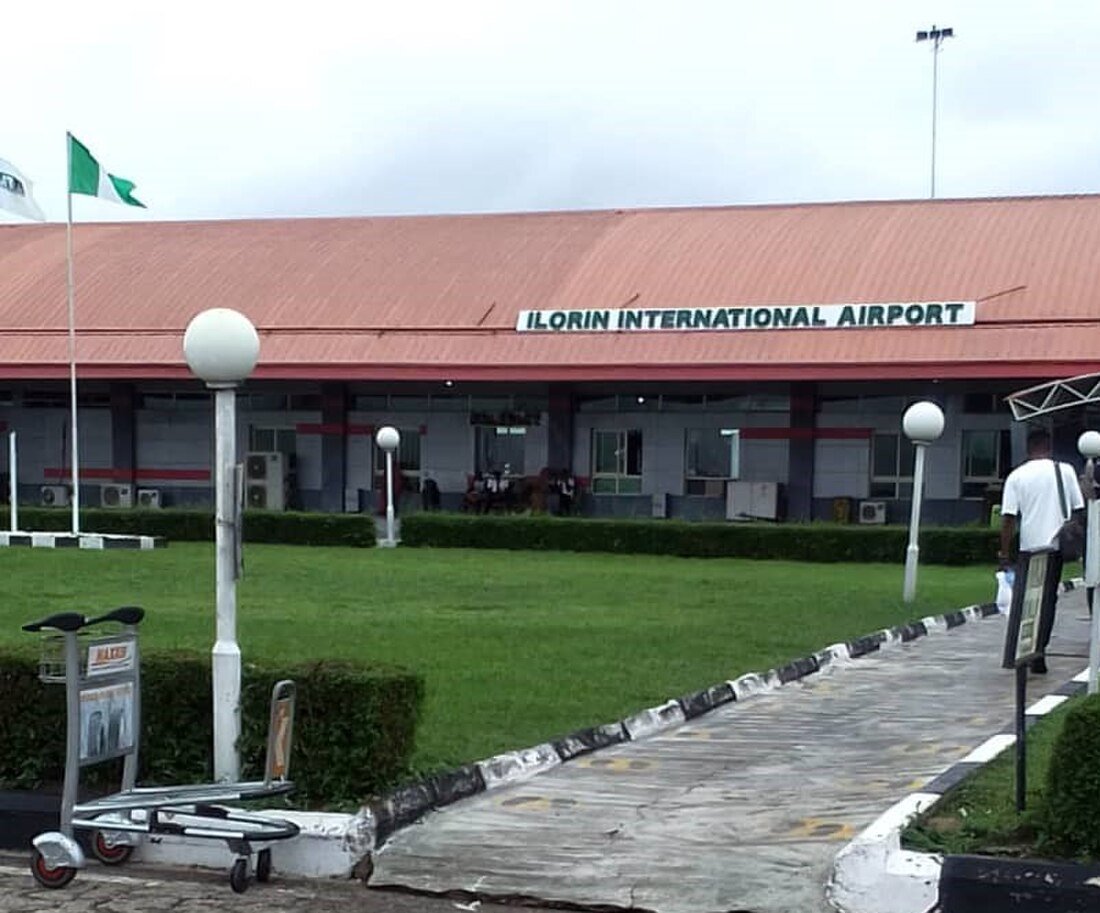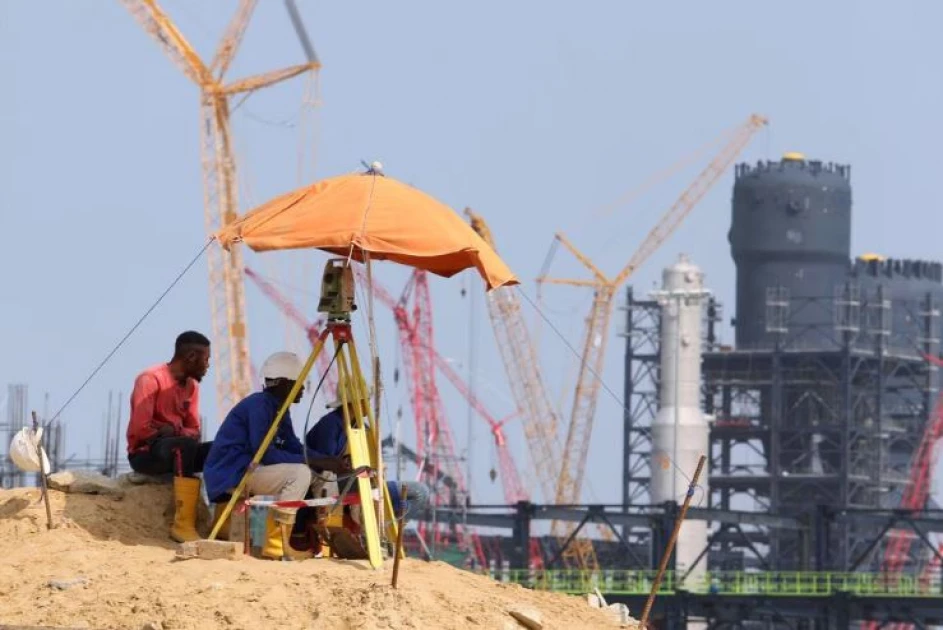Pakistan Allocates 2,000 MW for Bitcoin Mining, AI Data Centers
Pakistan has made a bold move to position itself as a global leader in digital innovation by allocating 2,000 megawatts (MW) of electricity to power Bitcoin mining and artificial intelligence (AI) data centers. This initiative is part of a broader national strategy aimed at monetizing surplus electricity, creating high-tech jobs, attracting foreign direct investment, and generating substantial revenue for the government. The Pakistan Crypto Council (PCC), a government-backed body under the Ministry of Finance, is spearheading this effort, which was launched in March to regulate and integrate blockchain technology and digital assets into the country’s financial landscape.
The allocation of 2,000 MW of electricity is the first phase of this ambitious plan. Finance Minister Muhammad Aurangzeb emphasized that this strategic move is a pivotal moment in Pakistan’s digital transformation journey. By converting excess energy into innovation, investment, and international revenue, Pakistan aims to unlock its economic potential. The country’s geographic and economic positioning makes it an ideal digital bridge between Asia, Europe, and the Middle East, offering a strategic location for data flow and digital infrastructure.
Since the establishment of the PCC, there has been significant interest from global Bitcoin miners and data infrastructure companies. Several international firms have already visited Pakistan for exploratory discussions, and more global players are expected to follow suit in the coming weeks. The underutilized power generation capacity in Pakistan is now being repurposed into a high-value digital asset. AI data centers and Bitcoin mining operations, known for their consistent and heavy energy usage, provide an ideal use case for this surplus energy. Redirecting idle energy, especially from plants operating below capacity, allows Pakistan to convert a long-standing financial liability into a sustainable, revenue-generating opportunity.
PCC CEO Bilal Bin Saqib highlighted the transformative nature of this initiative. With proper regulation, transparency, and international collaboration, Pakistan can become a global crypto and AI powerhouse. This energy-backed digital transformation not only unlocks high-value investment but also enables the government to generate foreign exchange in US dollars through Bitcoin mining. As regulations evolve, Pakistan can accumulate Bitcoin directly into a national wallet, marking a monumental shift from selling power in Pakistani rupees to leveraging digital assets for economic stability.
Pakistan’s strategic advantage is further underscored by the global context. While AI data center demand has soared to over 100 gigawatts (GW), the global supply remains around 15 GW. This massive shortfall creates an unprecedented opportunity for countries like Pakistan with surplus power, land, and an emerging regulatory framework. The country’s digital connectivity has also been significantly strengthened by the landing of the world’s largest submarine internet cable, the Africa-2 Cable Project. This 45,000-kilometre global network connects 33 countries through 46 landing stations, enhancing Pakistan’s internet bandwidth, latency, and resilience through redundant fiber routes.
With more than 40 million crypto users, Pakistan holds immense potential as a regional leader in digital services. Establishing local AI data centers will not only address growing concerns around data sovereignty but will also enhance cybersecurity, improve digital service delivery, and empower national capabilities in AI and cloud infrastructure. These centers are expected to create thousands of direct and indirect jobs, catalyzing the development of a skilled workforce in engineering, IT, and data sciences.
This announcement marks only the first phase of a broader, multi-stage digital infrastructure rollout. Future developments are expected to include renewable energy-powered facilities, leveraging Pakistan’s immense wind, solar, and hydropower resources, as well as strategic international partnerships with leading blockchain and AI companies, and the establishment of fintech and innovation hubs. These efforts will be complemented by proposed incentives such as tax holidays, customs duty exemptions on equipment, and reduced taxes for AI infrastructure developers.
Pakistan’s combination of surplus power, geographic advantage, advanced subsea cable connectivity, renewable energy potential, and a large, digitally engaged population creates a compelling case for becoming a regional epicenter of Web3, AI, and digital innovation. With the right incentives, strategic investments, and collaborative partnerships, Pakistan is positioning itself not only as a destination for global digital infrastructure but also as a sovereign economy that can accumulate digital assets, export digital services, and lead in the next generation of technological transformation.









